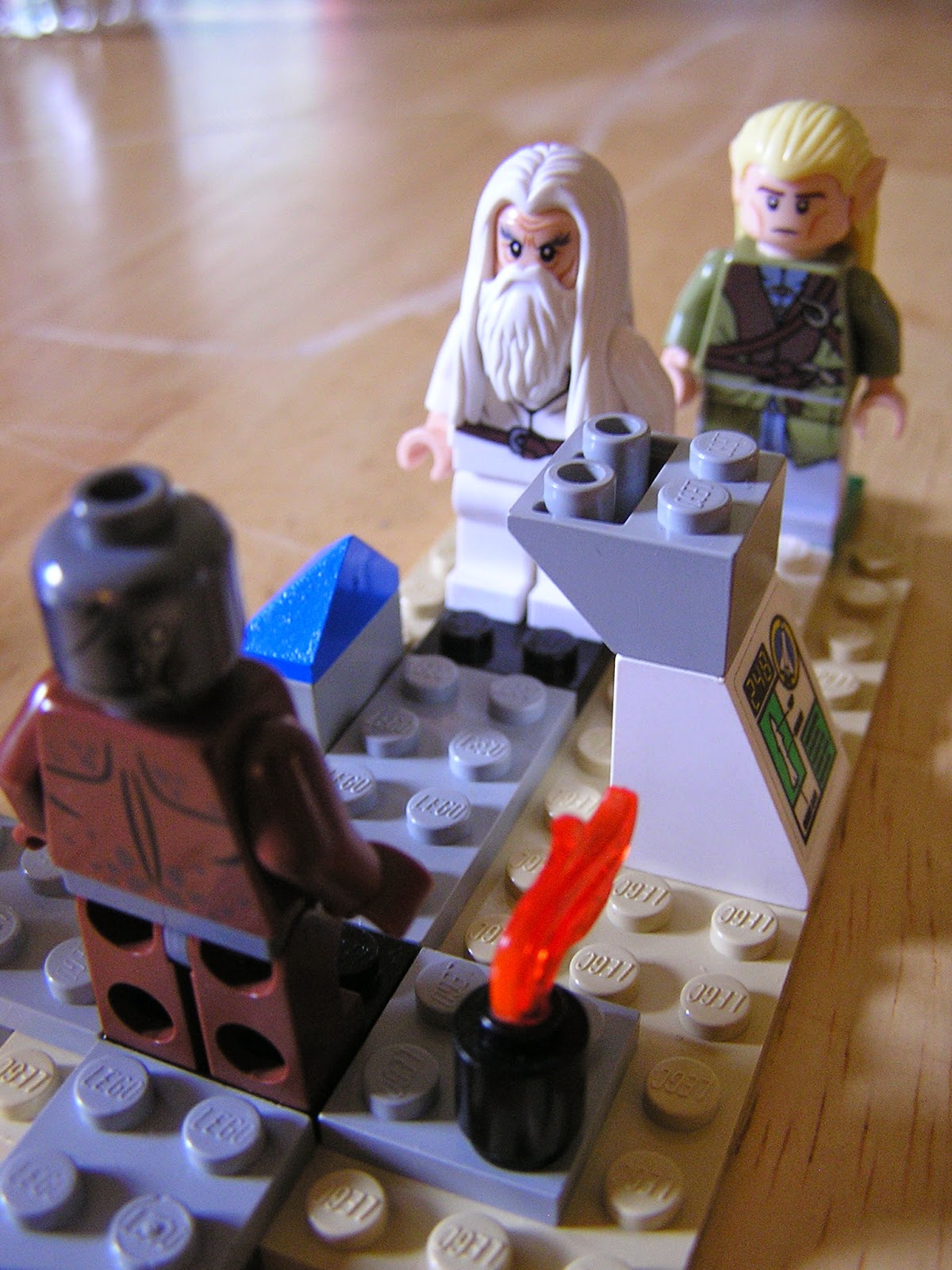I met my brothers in London this weekend. We spent a fortune on public transportation, took selfies in front of Harrods, climbed the lions at Trafalgar Square, fed the ducks at St. James's Park, squinted at the smaller-than-life Jane Austen sketch at the National Portrait Gallery, walked along the Thames with a friend, and peered through the gates at Buckingham Palace. We did so many of the must-do in London things!
But we also got helplessly lost. In fact, we spent most of Saturday evening walking in the wrong direction and retracing those steps--first in search of the Spaghetti House, which was boarded up when we found it. Second, in hopes of seeing the Victoria & Albert Museum, which was closed for a private viewing. Third, on our mission to find the Paddington Bear statue, which we learned most of the locals have no idea exists. And fourth, geting home to Wandsworth.
It was rather a nightmare.
Lessons Learned in London
#1: The "Ultimate Pocket London Travel Guide" app is not ultimate. Download a real tube and bus schedule.
#2: Don't leave the London map at the hotel
#3: Do the research. Find out exactly where points of interest are (e.g. Paddington), whether they are still in business (e.g. Spaghetti House), and if they are open that day (e.g. V&A Museum)
#4: Buy an Oyster. London's public transport system is cashless
#5: Pray. Maybe this should be #1.
I hope my list saves you a headache on your holiday. This was a downer post, but every trip has its downsides, and now I am free to regale you with stories about Pavel the street beatboxer and little miss indignant at the Palace gates!





















